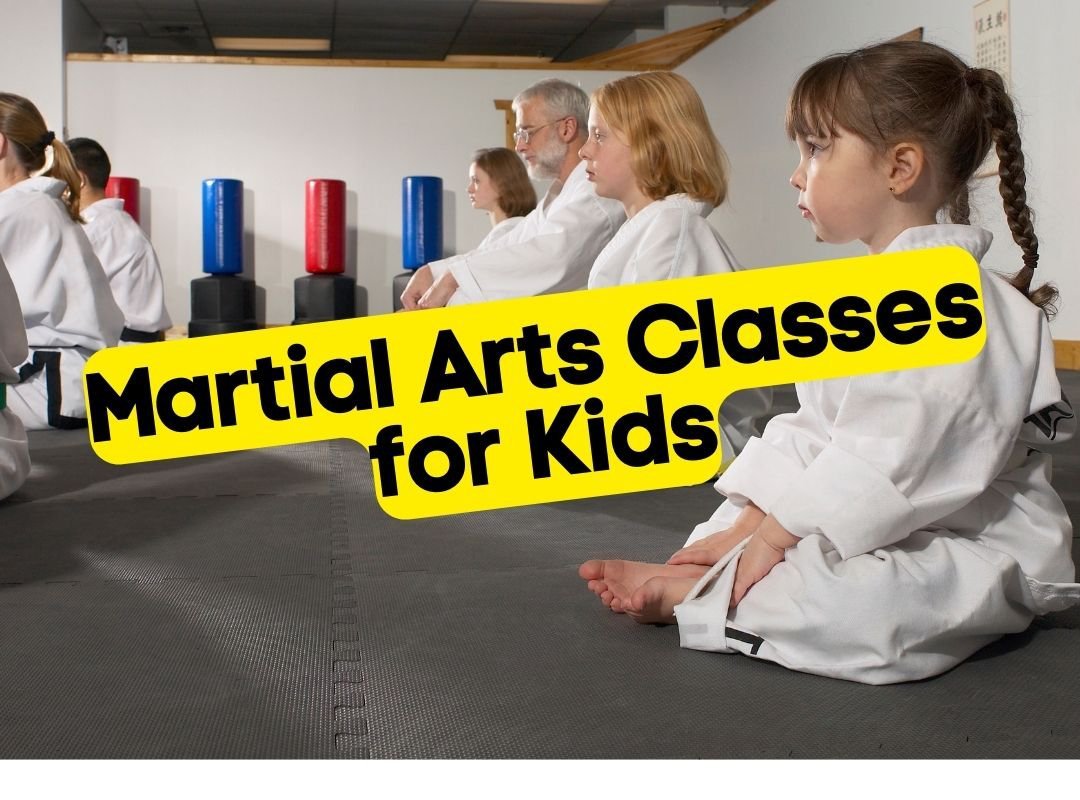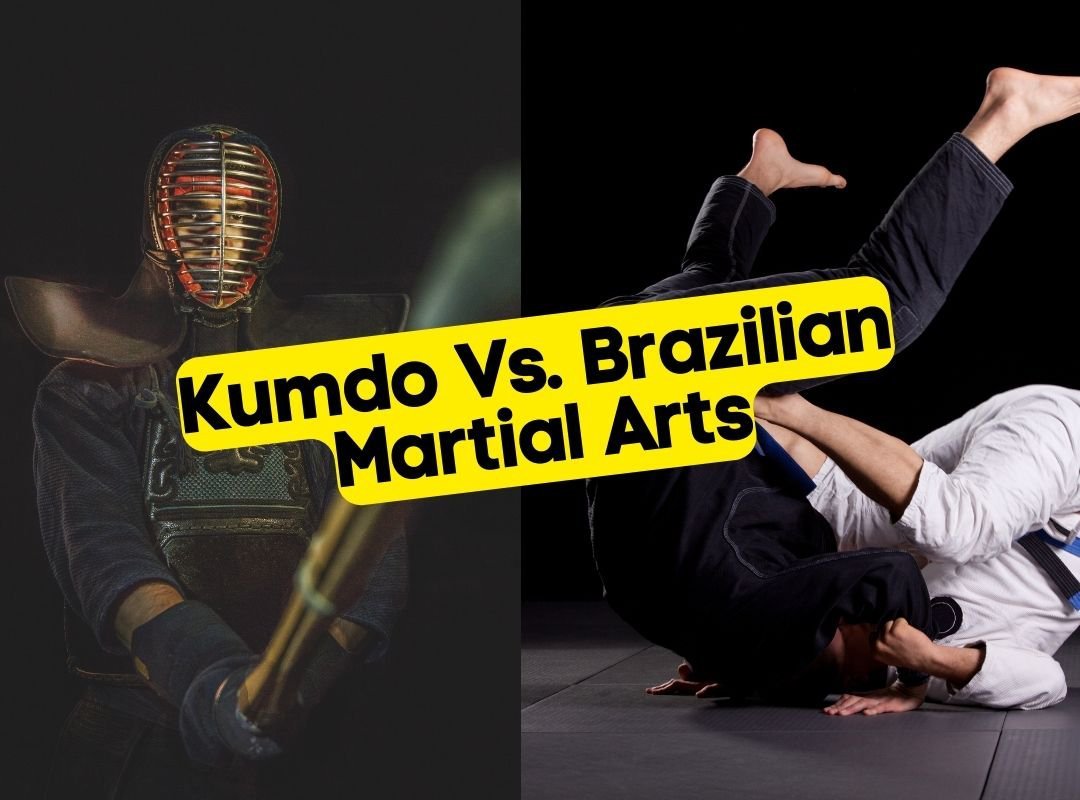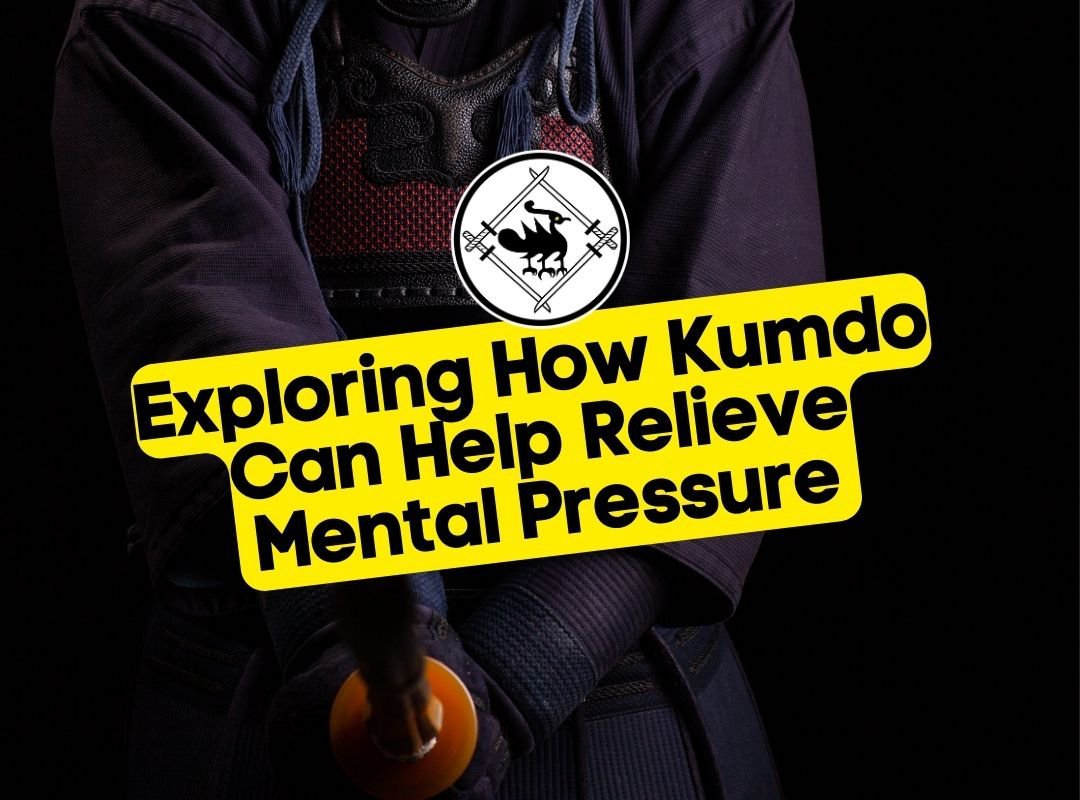Introduction: The Link Between Martial Arts and Mental Health
In today's fast-paced and stressful society, mental health has become a pressing issue that affects millions of people worldwide. The connection between physical activity and mental health has long been recognized, and one form of physical activity that has gained popularity in recent years for its mental health benefits is martial arts. Martial arts encompasses a wide range of disciplines, including karate, taekwondo, judo, and jiu-jitsu, among others. These practices not only provide physical fitness but also offer a multitude of mental health benefits.
Addressing mental health is crucial in today's society, as the World Health Organization estimates that one in four people will experience a mental health issue at some point in their lives. The stigma surrounding mental health has started to diminish, and more people are seeking out alternative methods to manage their mental well-being. Martial arts provides a unique approach to mental health, combining physical activity with discipline, focus, and self-awareness. By engaging in martial arts, individuals can experience a holistic approach to mental health that addresses both the mind and body.
The Physical Benefits of Martial Arts for Stress Relief
Physical activity has long been recognized as a powerful tool for stress relief. Engaging in regular exercise releases endorphins, which are natural mood boosters that can help reduce stress and anxiety. Martial arts, with its dynamic movements and rigorous training, provides an excellent outlet for stress relief.
In addition to the release of endorphins, martial arts also offers other physical benefits that can contribute to stress reduction. Regular practice can improve cardiovascular health, increase flexibility and strength, and enhance overall physical fitness. These physical improvements can lead to better sleep, as the body becomes more tired and ready for rest after a challenging martial arts session. Improved sleep quality can have a significant impact on stress levels, as a well-rested body and mind are better equipped to handle daily challenges.
The Psychological Benefits of Martial Arts for Stress Relief
While the physical benefits of martial arts are well-documented, the psychological benefits are equally important. Martial arts training requires discipline, focus, and mental fortitude, all of which can contribute to improved mental health.
One of the key psychological benefits of martial arts is increased resilience. Through the challenges and setbacks that come with training, individuals learn to persevere and overcome obstacles. This resilience can translate into other areas of life, helping individuals better cope with stressors and setbacks.
Martial arts also promotes improved mood and mental well-being. The physical activity and focus required during training can help individuals shift their attention away from negative thoughts and emotions. The sense of accomplishment that comes with mastering new techniques and progressing in skill level can boost self-esteem and provide a sense of purpose and fulfillment.
How Martial Arts Can Help You Manage Anxiety and Depression
Anxiety and depression are two of the most common mental health disorders, affecting millions of people worldwide. While martial arts should not replace professional treatment for these conditions, it can be a valuable tool in managing symptoms and improving overall well-being.
Martial arts provide a structured and disciplined environment that can help individuals with anxiety and depression regain a sense of control. The focus required during training can help individuals redirect their thoughts away from anxious or depressive thinking patterns. The physical activity involved in martial arts releases endorphins, which can help alleviate symptoms of depression and anxiety.
Furthermore, martial arts can provide a sense of community and support. Many martial arts schools foster a supportive and inclusive environment, where individuals can connect with like-minded individuals who share similar struggles. This sense of belonging and social support can be invaluable in managing anxiety and depression.
The Role of Mindfulness in Martial Arts Practice
Mindfulness is a practice that involves bringing one's attention to the present moment, without judgment. It has gained popularity in recent years for its mental health benefits, and martial arts provides an excellent platform for incorporating mindfulness into daily life.
In martial arts, practitioners are encouraged to be fully present in their movements and techniques. The focus required during training helps individuals cultivate mindfulness, as they must pay attention to their body, breath, and surroundings. This mindfulness practice can help individuals become more aware of their thoughts and emotions, allowing them to better manage stress and anxiety.
The benefits of mindfulness extend beyond the training mat. By incorporating mindfulness into daily life, individuals can develop a greater sense of self-awareness and emotional regulation. This can lead to improved mental well-being and a greater ability to cope with stressors.
How Martial Arts Can Boost Your Self-Confidence and Self-Esteem
Low self-confidence and self-esteem are common issues that can significantly impact mental health. Martial arts can be a powerful tool in boosting self-confidence and self-esteem, as it provides individuals with a sense of accomplishment and mastery.
Through regular practice and training, individuals can see tangible progress in their martial arts skills. This progress can boost self-confidence and provide a sense of achievement. Additionally, martial arts training often involves setting and achieving goals, which can further enhance self-esteem.
Furthermore, martial arts can help individuals develop a positive body image. As individuals become more physically fit and capable through training, they may develop a greater appreciation for their bodies and what they can accomplish. This shift in perspective can lead to improved self-esteem and a more positive self-image.
The Importance of Community and Social Support in Martial Arts
Martial arts is not just an individual pursuit; it is also a community-based activity. Many martial arts schools foster a sense of community and social support, which can have significant benefits for mental health.
The sense of belonging that comes with being part of a martial arts community can provide individuals with a support system. This support system can offer encouragement, motivation, and understanding, which can be invaluable in managing mental health challenges.
Additionally, martial arts communities often provide opportunities for social interaction and connection. This can help combat feelings of isolation and loneliness, which are common contributors to poor mental health. By engaging with others who share similar interests and goals, individuals can develop meaningful relationships and a sense of camaraderie.
How to Choose the Right Martial Arts Style for Your Mental Health Needs
With the wide variety of martial arts styles available, it can be overwhelming to choose the right one for your mental health needs. It is essential to consider your individual preferences, goals, and limitations when selecting a martial arts style.
Some martial arts styles, such as tai chi and qigong, focus more on slow, flowing movements and meditation. These styles may be more suitable for individuals who prefer a gentler approach to physical activity and stress relief.
On the other hand, more dynamic and physically demanding styles, such as kickboxing or Brazilian jiu-jitsu, may be better suited for individuals who enjoy high-intensity workouts and want to challenge themselves physically.
It is also important to consider any physical limitations or injuries when choosing a martial arts style. Some styles may be more physically demanding or require more flexibility, which may not be suitable for everyone. Consulting with a martial arts instructor or healthcare professional can help guide you in selecting the right style for your needs.
Tips for Incorporating Martial Arts into Your Self-Care Routine
Incorporating martial arts into your self-care routine can provide numerous mental health benefits. Here are some practical tips for getting started:
1. Find a reputable martial arts school: Research and visit different martial arts schools in your area to find one that aligns with your goals and values. Look for a school that fosters a supportive and inclusive environment.
2. Start slowly and gradually increase intensity: If you are new to martial arts or have been inactive for a while, it is important to start slowly and gradually increase the intensity of your training. This will help prevent injuries and allow your body to adapt to the physical demands of martial arts.
3. Set realistic goals: Setting realistic goals can help keep you motivated and focused. Start with small, achievable goals and celebrate your progress along the way.
4. Practice regularly: Consistency is key when it comes to reaping the mental health benefits of martial arts. Aim to practice regularly, whether it's attending classes at a martial arts school or practicing at home.
5. Listen to your body: Pay attention to your body's signals and adjust your training accordingly. Rest when needed and seek medical attention if you experience any pain or injuries.
Conclusion: The Power of Martial Arts for Mental Health and Well-Being
Martial arts offers a unique and holistic approach to mental health and well-being. By combining physical activity, discipline, focus, and mindfulness, martial arts can provide numerous benefits for mental health.
From stress relief and improved mood to increased self-confidence and resilience, martial arts has the potential to transform lives. By incorporating martial arts into your self-care routine and finding a supportive community, you can harness the power of martial arts to improve your mental health and overall well-being. So why not give it a try and explore the world of martial arts for yourself?










